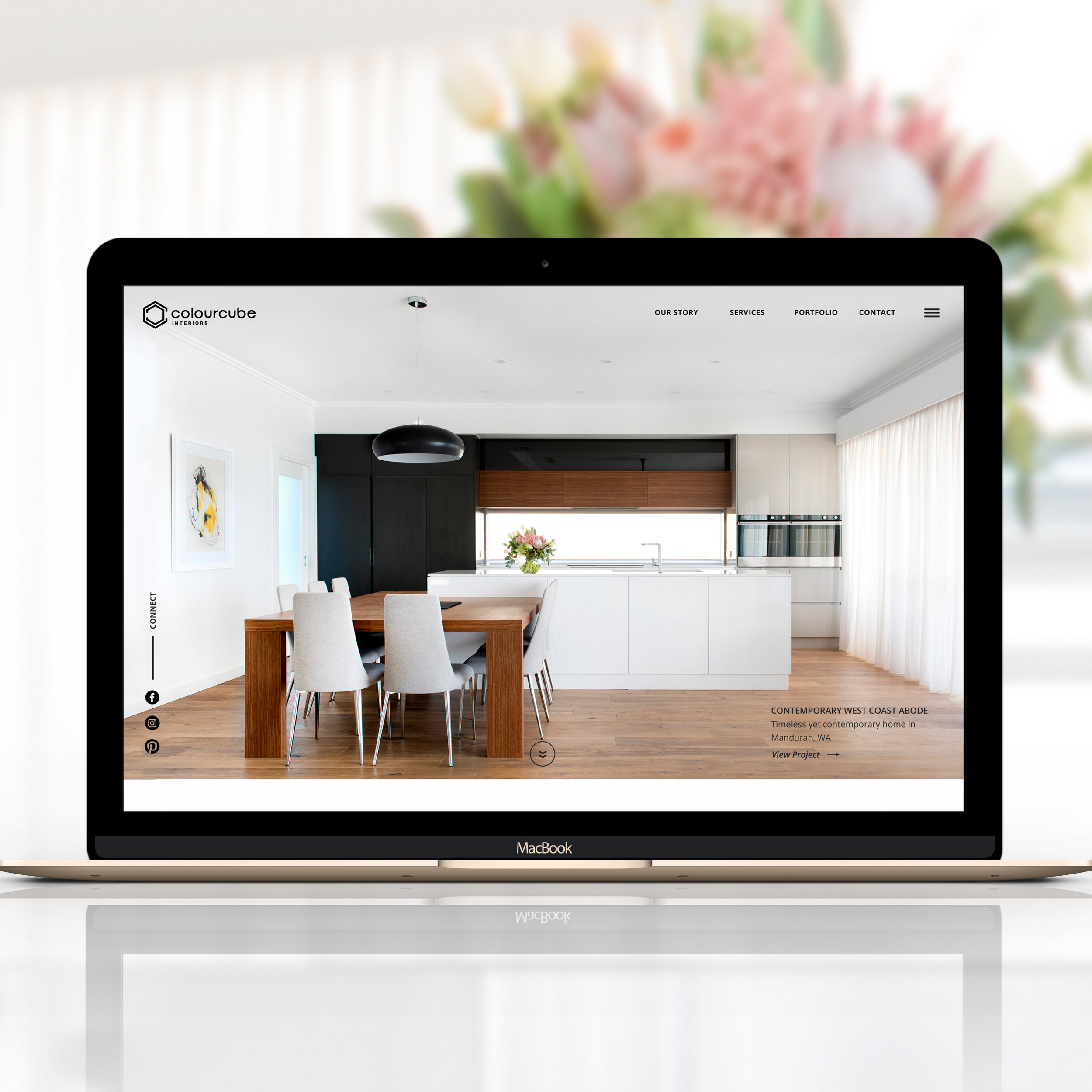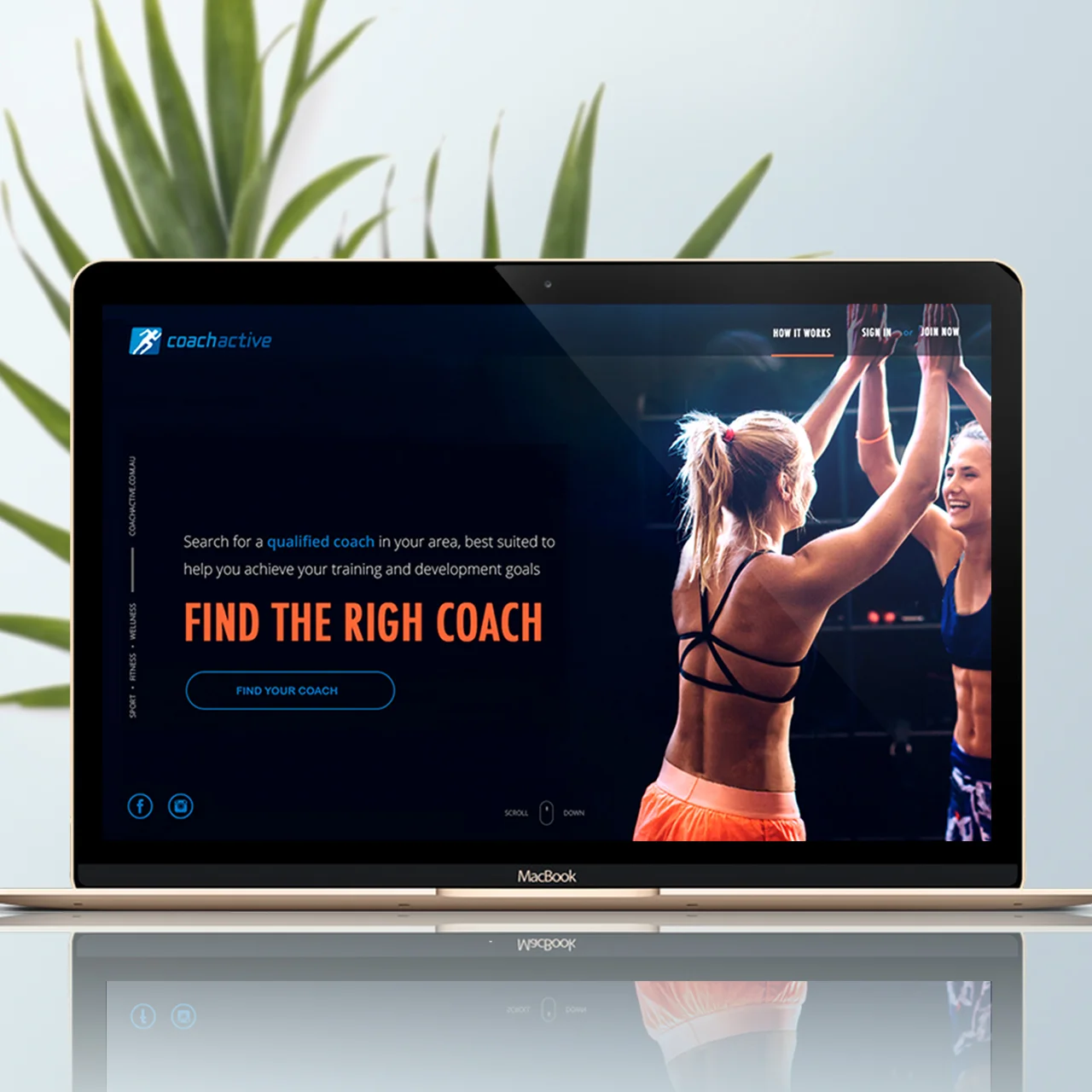I like hearing stories about how new businesses were started. I always find it interesting and inspiring to hear about how intrepid start-ups chased dreams, followed their own paths and managed to do what they love for a living. Some of them succeeded, others failed, but every single one made mistakes and learned lessons along the way.
Now that my business has survived it's first year I thought I would share my own story too. This isn't exactly about how I got started, but about the mistakes I made and the invaluable lessons I learned during my first year in business.
Lesson 1: It takes time to build a business
My first mistake was to think I could have my business up and running in three or four months, when it took me almost an entire year. I completely underestimated the amount of time it would take.
Why did it take me so long? Because before I could even start looking for clients there was a lot of pre-work and preparation that had to be done beforehand around two essential areas:
1. Understanding my market
After working for more than a decade in marketing for large international corporations I thought I was ready to help small businesses with their marketing activities. However, just because I learned a lot about marketing and design during all those years in the corporate world, I didn’t know anything about small businesses yet.
I had to take time to research my target market and understand specific small business owner’s motivations, needs and challenges.
2. Differentiating myself from everyone else
I also had to understand how competitors were already helping small businesses with marketing/design solutions and what I could do for them that others weren’t already doing.
So by way of differentiation, I decided to target creative businesses. I studied how photographers, designers, artists and lifestyle bloggers work, the insights of their businesses, the reasons why they do what they do, and so on. And I finally found a clear direction for my own business: a design studio specialised in lifestyle clients.
Once I had a good understanding of my market and a clear direction for my business, I was ready to build a brand and a website to appeal to this market. I was also able to find opportunities that I hadn’t initially considered, like selling online workbooks and planners to help those creative businesses plan their marketing activities.
In conclusion, knowing how to “do the job” is not enough to start a business. Having a deep understanding of your market is key to avoid important mistakes that can make you waste money and time. This understanding requires a lot of pre-work before you can even register your business name.
Lesson 2: Simplicity is key
Over a decade I worked in different areas of marketing, covering branding, digital marketing, event management, etc, I was confident I could help small business owners with their marketing activities in many ways. So this one was my first business description on my website:
“Grafika Studio is a full service agency that provides comprehensive branding, design and online marketing services in one-stop shop so that you only have to work with one agency.”
That description was followed by a long list of marketing and design services that covered many different areas of my own expertise.
After a few months I changed my website description and reduced the number of services to Branding and Web Design only. Why? Because the wider the offer is the more confusing the business gets.
So after a few months offering help with different marketing areas I decided to focus only on the services I know best. This way I can ensure the best quality in everything I do.
Top quality restaurants usually have very brief menus; they don’t offer a bit of everything, but only their very best dishes, the ones that set them apart.
Does this mean I cannot work with clients from other industries or help them with other areas of marketing? Of course I can, but branding and design services for creative businesses are my specialties.
Lesson 3: Relationships are essential to build a business
When I started my business I thought about so many ways to promote myself, but I overlooked the most important one: networking and relationship building. Until I realised that word-of-mouth and referrals were actually the way in which I was finding my clients.
In the professional service industry, people choose small businesses because of whom they know, and because they think they will make a great team working together. People want to know you before working with you.
So if you’ve just started your business, launched your website and are relying just on, for example, some SEO marketing to find your first clients, you may be about to learn the same lesson than I did: relationship marketing must be the priority in your marketing agenda.
Even if an SEO guru manages to take your website to the top of the ranking, this may lead more traffic to your site, but your website may still be failing to convert visitors into clients.
A relationship-oriented website could improve your conversion rate and get more visitors enquiring about your services. What’s a relationship-oriented website? They're websites designed to engage visitors by starting conversations – through blog comments, social media, chats, etc, and to stay in touch after leaving the website – through newsletters, social media pages, and more.
In this other article on relationship marketing for small businesses you can find more information about how to build a relationship-oriented website.
Every small business owner is in a continuous learning process since they start a new business. Learning from mistakes and improving your business on a daily basis is vital for any small business to survive.
Are you a small business owner? What lessons did you learn from your first year in business?




















The brief was to create an immersive experience that highlighted the product’s innovative features and demonstrated its real-world applications. The outcome was a sleek booth with modern aesthetics and engaging visuals to deliver a memorable brand experience in a popular Australian tech expo.